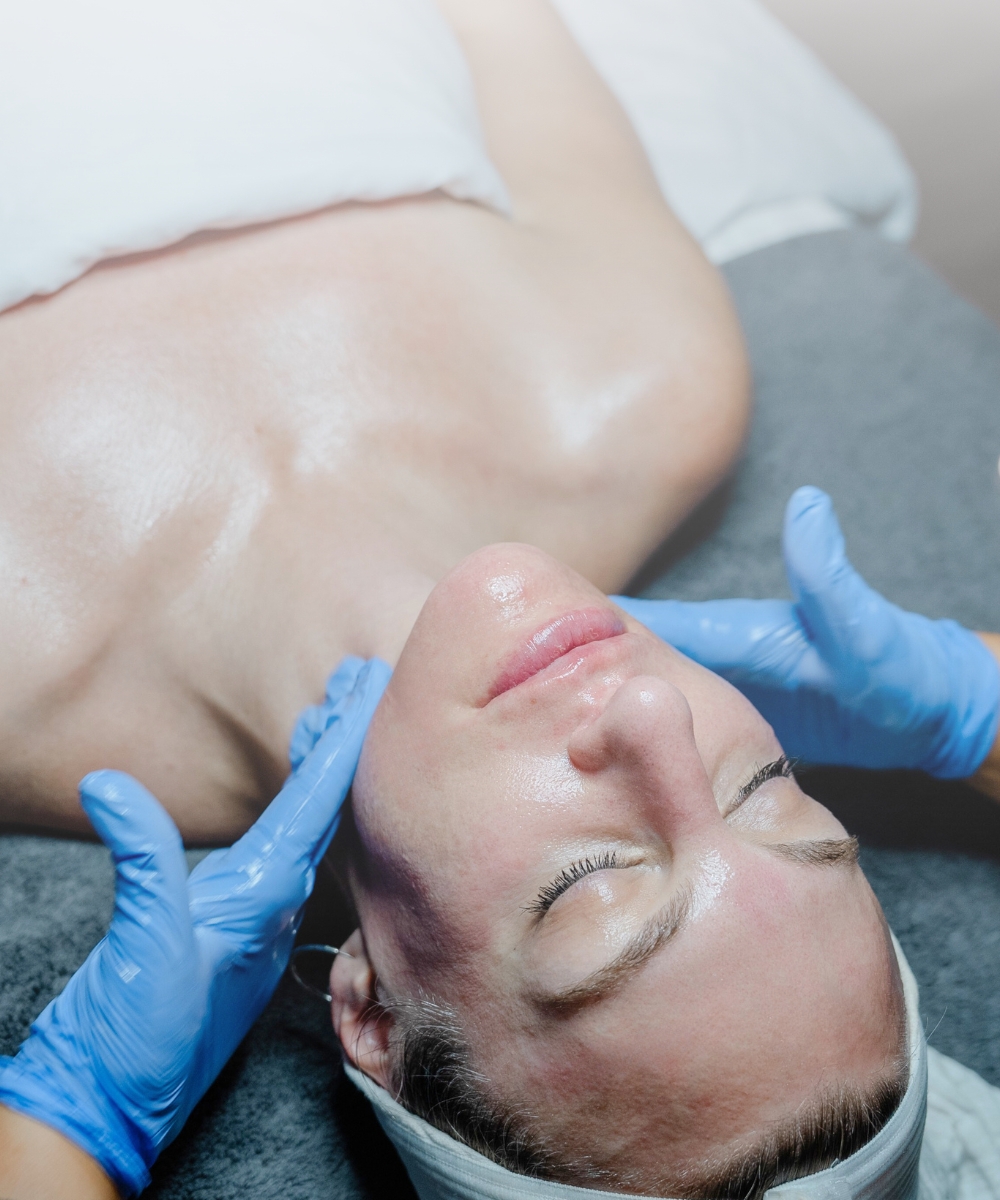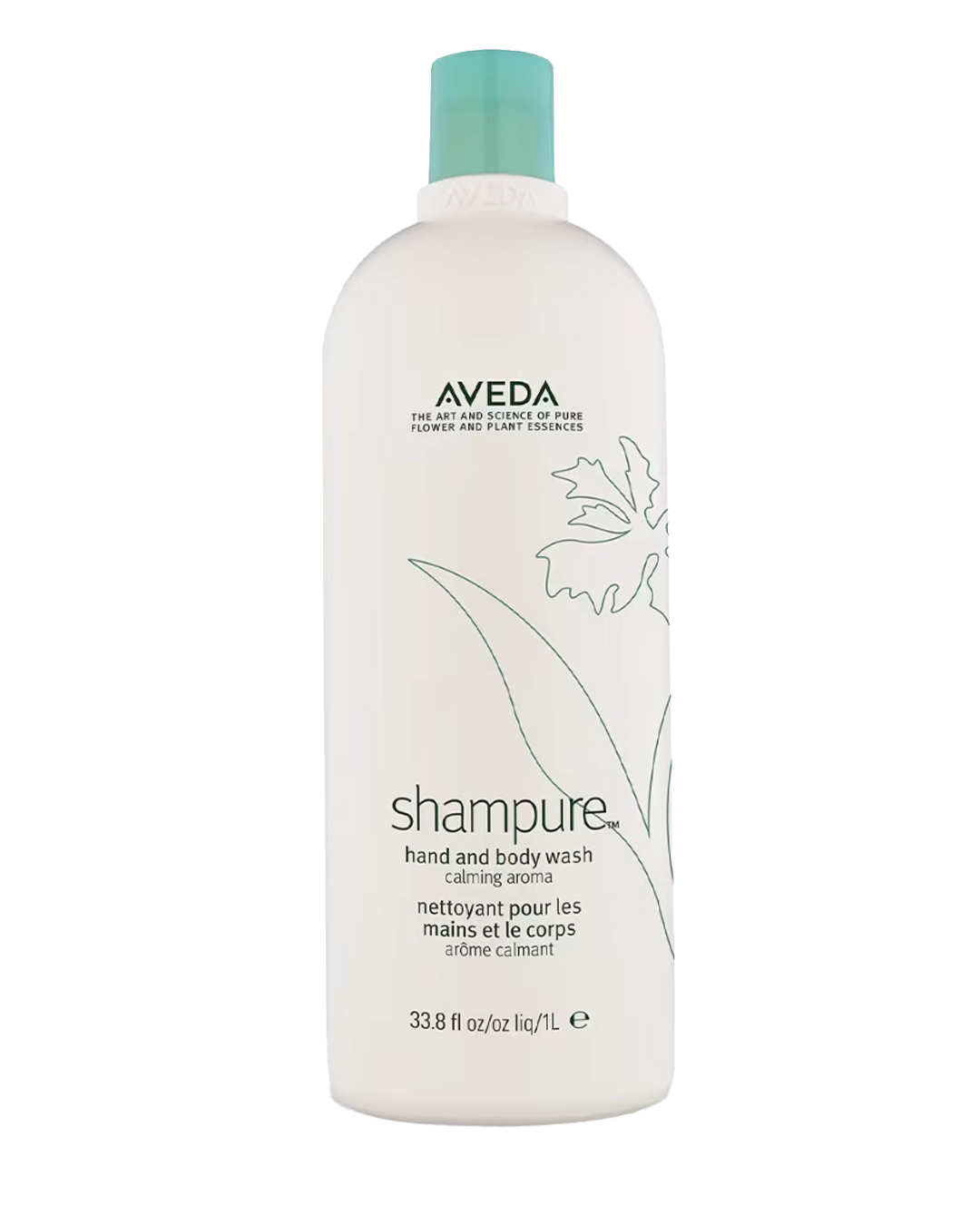The 411 on Dermaplaning

Dermaplaning 101: Everything You Need to Know About This Glow-Boosting Treatment
If you're looking for smoother, brighter, and more radiant skin, dermaplaning might just be your new favorite skincare treatment. This popular, non-invasive exfoliating service removes both vellus hair (commonly known as peach fuzz) and up to three weeks of dead skin cell buildup, revealing a fresh, luminous complexion underneath.
What Is Dermaplaning?
Dermaplaning is a professional skincare treatment performed using a medical-grade scalpel to gently exfoliate the top layer of dead skin cells and fine facial hair. As we age, our cell turnover slows, leading to dullness, uneven texture, and clogged pores. By removing this buildup, dermaplaning helps:
- Instantly smooth and brighten the skin
- Improve the absorption of serums and moisturizers
- Enhance the results of facials, chemical peels, and Hydrafacials
- Create a flawless canvas for makeup application
Myth Busting: Will Dermaplaning Make Hair Grow Back Thicker?
This is one of the most common misconceptions about dermaplaning, and it's completely false. Dermaplaning does NOT cause hair to grow back darker or coarser. Hair texture and color are determined by hormones, not exfoliating treatments. For example, shifts during menopause may change hair growth patterns, but a dermaplaning service won’t.
Dermaplaning + Facial Treatments = Glowing Results
At Hiatus Day Spa • Med Spa, one of our favorite pairings is dermaplaning combined with a Hydrafacial or chemical peel. When dead skin is removed beforehand, treatment serums penetrate more deeply, delivering even more visible and long-lasting results. A Hydrafacial trainer once called this duo the “glass slipper” effect, and we couldn’t agree more.
Why Professional Dermaplaning Is Better Than At-Home Options
You’ve probably seen inexpensive at-home dermaplaning tools online, but not all blades are created equal. At Hiatus, we exclusively use SkinCeuticals professional dermaplaning blades, designed with clinical precision and paired with one of the most research-backed product lines in the skincare industry.
At home treatments aim to remove vellus hair (peach fuzz), and professional treatments aim to target dead skin cells with correct form and technique. Vellus hair is a benefit to a professional service, but not the main goal. The goal is physical exfoliation for better product absorption or an enhanced professional treatment.
When you trust a licensed esthetician for your dermaplaning treatment, you not only get safer, more consistent results, but you also get the benefit of professional-grade products and protocols.
Who Should Avoid Dermaplaning?
While dermaplaning is safe for most skin types, it’s not recommended for individuals with:
- Active cystic acne
- Cold sores or open wounds
- Certain hormonal conditions like PCOS that affect facial hair
If you’re unsure whether dermaplaning is right for your skin, our estheticians are happy to provide guidance during the consultation.
Post-Treatment Skincare: Don’t Forget the SPF
After dermaplaning, your skin will be more sensitive to the sun. It’s essential to wear a broad-spectrum SPF daily, especially following treatments like dermaplaning or chemical peels. Protecting your skin will help maintain your glow and prevent premature aging.
Also, it's recommended to avoid retinoids/retinols, strenuous exercise, saunas, and swimming for up to 4 days post treatment as it can irritate the skin.
Add On Dermaplaning to Your Next Facial at Hiatus
You can add dermaplaning to nearly any facial at Hiatus but these are our favorites for a radiant, smooth, and makeup-ready finish.
The Essential, The Clean Slate, The Radiance Reset, and The Sparkler Facials or any HydraFacial.
The
Book Now!







Header_1.jpg)
